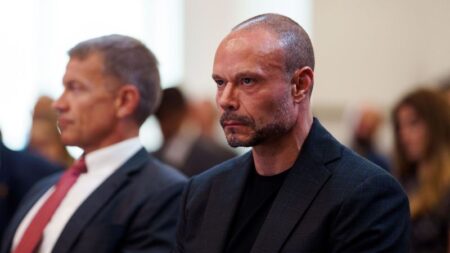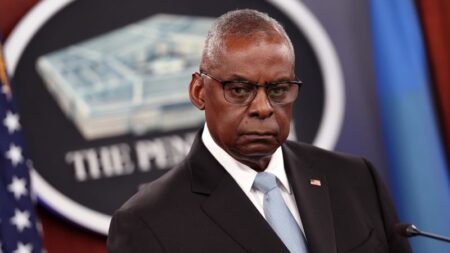In a pivotal development regarding migration policies, the United Kingdom government has announced a new pilot scheme set to commence within weeks, aimed at addressing the increasing flow of migrants arriving via small boats across the English Channel. The announcement made earlier today by Prime Minister Sir Keir Starmer marks a significant shift in how the UK plans to manage asylum claims and tackle illegal immigration.
The scheme, referred to as the “one in one out” deal, outlines a plan where a number of individuals arriving on UK shores will be detained and subsequently returned to France. In exchange for these returns, the UK has agreed to accept a corresponding number of asylum seekers from France, provided they have not attempted to enter the UK illegally and pass necessary security checks. The mechanics of this agreement, however, were not fully disclosed, with Starmer failing to clarify the exact number of people that would be affected by this return initiative during the press conference held in Paris alongside the French President Emmanuel Macron.
One of the primary goals of this initiative is to discourage further attempts at crossing the Channel, with Starmer declaring that the initiative aims to showcase the futility of such dangerous journeys. The emphasis on dismantling the operations of people smugglers was a recurrent theme in his statement, stressing the need for collaboration with international partners. Starmer expressed optimism that this pilot would contribute to disrupting the current business model of human trafficking networks.
Besides migration discussions, the conference unveiled further commitments between the UK and France in various sectors. Notably, both nations plan to bolster their nuclear deterrent capabilities, enhance cooperative efforts on supercomputing and artificial intelligence, and expedite collaborative work on anti-ship missile technology. These areas signify a deepened military and technological partnership as the two countries tackle various security challenges.
However, amid these promises of cooperation are skepticism and political backlash. Critics of the pilot scheme have emerged, with Conservative shadow home secretary Chris Philp asserting that the returns would apply to only a minuscule portion of illegal immigrants arriving in the UK. He highlighted concerns that allowing the majority to remain would not be an effective deterrent against continued crossings. Similarly, Nigel Farage, leader of Reform UK, labeled the situation an emergency in national security terms and expressed his doubts regarding the feasibility of the pilot.
The government’s willingness to re-approach an issue managed inadequately by both Conservative and Labour administrations raises questions about previous strategies, such as the now-abandoned plan to send migrants to Rwanda. These past efforts faced setbacks due to legal challenges and administrative hurdles, illustrating the complexities involved in reforming immigration policies.
Starmer’s administration will need to grapple with the heightened pressures of illegal crossings, which saw nearly 20,000 arrivals in the UK during the first half of 2025—a staggering 48% increase compared to the same timeframe last year. The persistent rise in these numbers underscores the urgent need for effective management strategies that can address both security concerns and humanitarian obligations to genuine asylum seekers.
Beyond domestic challenge, the announcement signifies a broader international dialogue surrounding migration, especially in the context of Brexit and its repercussions on migration policies. Macron himself noted that Brexit has made collaboration on tackling illegal migration significantly more complicated, pointing to a narrative of misinformation conveyed during the Brexit campaign that suggested Europe’s influence was the primary issue.
Starmer’s pledge to accept asylum seekers with familial ties within the UK also responds to humanitarian considerations, indicating a balanced approach towards addressing both legal and illegal migration frameworks. As these developments unfold, the eyes of the nation will remain keenly focused on the effectiveness and implications of this new scheme as a possible turning point in UK migration policy.










